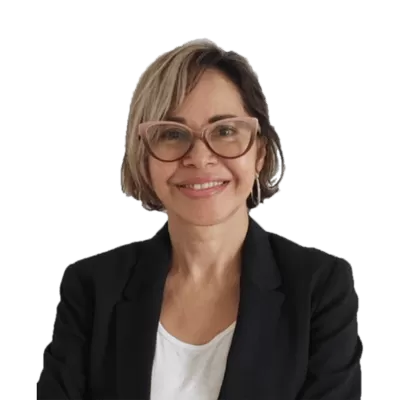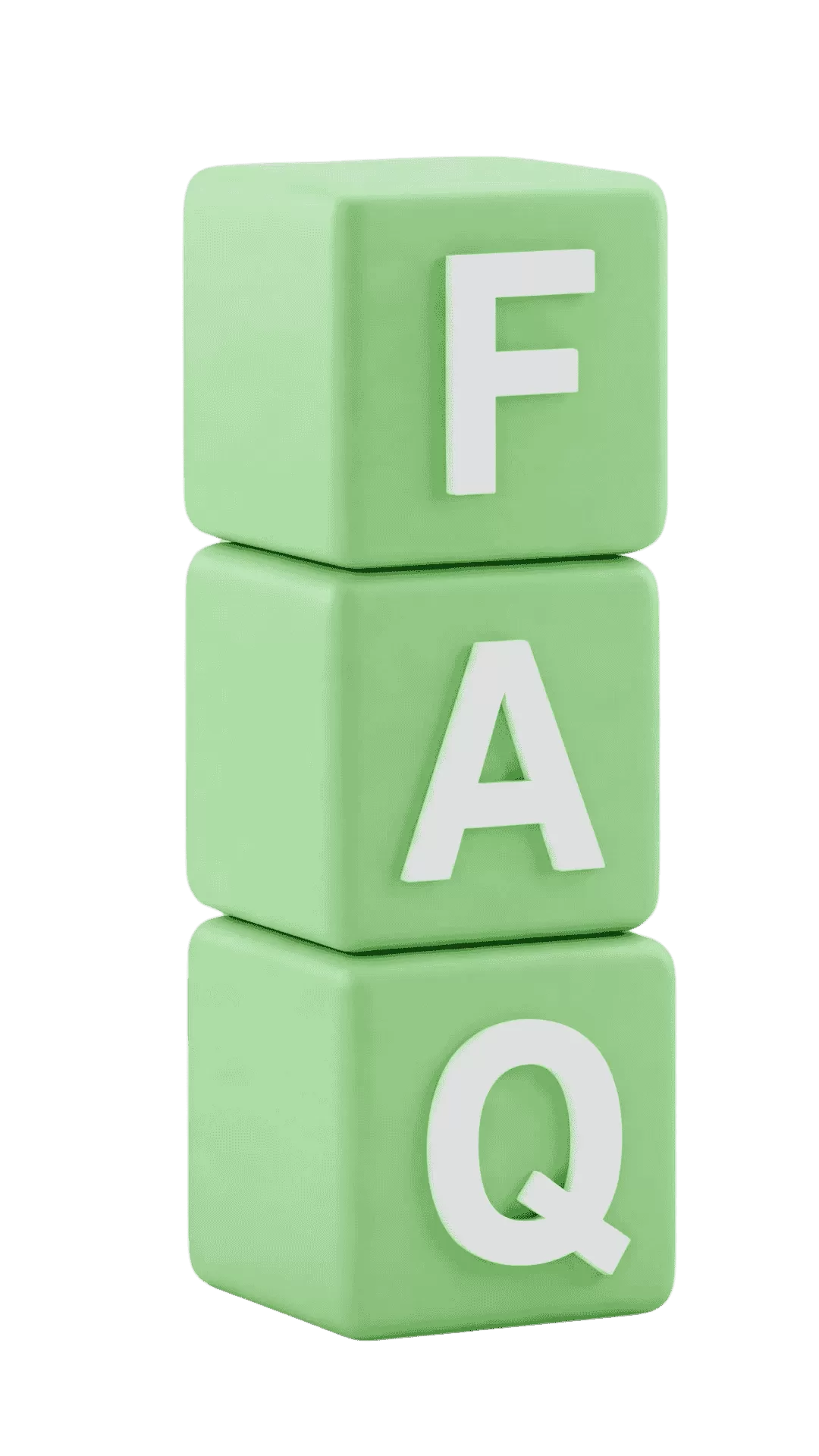1.1: Understanding the Knower
1.2: Interactions and Perspectives
1.3: Acquisition and Application of Knowledge
2.1: Technology's Influence
2.2: The Nature and Transmission of Knowledge
2.3: Technological Perspectives and Ethics
3.1: The Essence of Language in Knowledge
3.2: Language, Power and Ethics
3.3: Language Tools and Methods
4.1: Politics and Knowledge Construction
4.2: Decision Making and Technology
4.3: Knowledge Questions in Politics
4.4: Ethics, Methods and Tools
5.1: The Nature of Religious Knowledge
5.2: Religion, Culture and Perspectives
5.3: Methods and Tools in Religion
5.4: Ethics and Religion
6.1: Understanding Indigenous Knowledge
6.2: Cultural Perspectives and Power Dynamics
6.3: Methods and Tools of Indigenous Knowledge
6.4: Ethics and Indigenous Knowledge
7.1: Nature of Historical Knowledge
7.2: Interpretation and Perspective in History
7.3: Ethics and Responsibility in Historical Study
7.4: Shared Histories and Knowledge Construction
8.1: Defining Human Sciences
8.2: Methodology and Evidence
8.3: Perspectives and Bias
8.4: Ethics and influence
9.1: Fundamentals of the Natural Sciences
9.2: Evolution and Dynamics of Science
9.3: Community and Consensus in Science
9.4: Ethics and Morality in Science
10.1: The Arts and Knowledge
10.2: Context and Value in The Arts
10.3: Ethics and The Arts
10.4: Methods and Tools in The Arts
11.1: The Nature and Importance of Mathematics
11.2: Creativity and Abstraction in Mathematics
11.3: Mathematical Development and Technology
11.4: Proof and Paradigms in Mathematics
11.5: Ethics and Responsibility in Mathematics
12.1: Exhibition Preparation
12.2: Object Selection and Context
12.3: Exhibition Development
12.4: Authenticity and Finalisation
13.1: Essay Conception
13.2: Essay Planning
13.3: Essay Composition
13.4: Essay Execution
13.5: Completion and Review
Identify strengths, weaknesses, and needs.
Set academic goals with a clear learning roadmap.
Develop a detailed and structured study plan.
Teachers provide close guidance and adapt flexibly to maximize learning outcomes.
Identify strengths, weaknesses, and needs.

Set academic goals with a clear learning roadmap.

Develop a detailed and structured study plan.

Teachers provide close guidance and adapt flexibly to maximize learning outcomes.

Teaches:
Curriculum:

Teaches:
Curriculum:

Teaches:
Curriculum:

Teaches:
Curriculum:

Teaches:
Curriculum:

Teaches:
Curriculum:

Teaches:
Curriculum:

Teaches:
Curriculum:
| Condition / Feature | Standard | Premium | Platinum |
|---|---|---|---|
| 🌟Target Score Commitment | ❌ | ❌ | ✅ |
| Worksheets and Lesson Notes | ✅ | ✅ | ✅ |
| In-class Exercises and Solutions | ✅ | ✅ | ✅ |
| Extra Homework | ✅ | ✅ | ✅ |
| Exam-style and Past Papers | ✅ | ✅ | ✅ |
| Question Bank | ✅ | ✅ | ✅ |
| Saturday Morning Homework Support | ❌ | ✅ | ✅ |
| Fixed Teacher | ❌ | ✅ | ✅ |
| Support for IA, EE, TOK | ❌ | ✅ | ✅ |
| After-hours Message Response (until 9:30 PM) | ❌ | ✅ | ✅ |
| Initial Teacher & Student Meeting (Welcome Meeting) | ✅ | ✅ | ✅ |
| Teacher & Parent Conference | ❌ | ✅ | ✅ |
| Periodic Academic Reports | ✅ | ✅ | ✅ |
| Teacher's Feedback and Evaluation After Each Class | ✅ | ✅ | ✅ |
| Rescheduling Policy (Notice within working hours) | 24 hours | 12 hours | 06 hours |
| Exam Pass Commitment | ✅ | ✅ | ✅ |
Do not hesitate to contact Intertu


191 Nguyen Van Huong Street, Thao Dien Ward, Thu Duc City, Ho Chi Minh City
info@intertu.edu.vn
Phone : (028) 22426282 Zalo : 0971515265
Liên hệ ngay